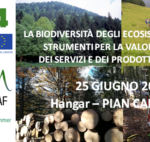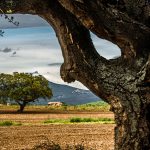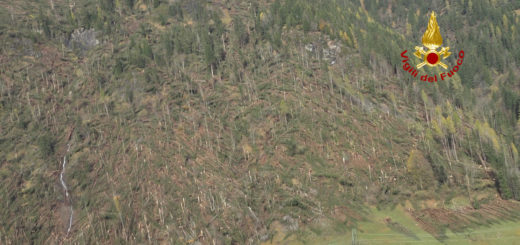Postdoctoral Research Associate
Effects of Forest Management and Land Use Change on Carbon and Water Cycling
North Carolina State University, Raleigh, NC
The position is for two years, renewable annually pending satisfactory performance and availability of funds. Review of applications will begin immediately and will continue until the position is filled. Start date is flexible, but preferred from 01/01/2016. Salary range: $38-$45k.
I am looking for an enthusiastic and highly motivated researcher with interests in the effects of forest management and land use change on carbon and water cycling. The work will be based on the North Carolina Ameriflux Core Site cluster, including two loblolly pine plantations and a natural forested wetland, sited along a land use change gradient. Current studies deal with the regulation of carbon, water and nutrient cycling under climatic, biotic and anthropogenic forcings. The primary responsibility of the appointee will be to synthesize the decade-long dataset from the cluster of existing research sites, and publish in peer-reviewed journals. In addition, the postdoc will be expected to oversee the eddy covariance data processing and quality control, assist with the reporting duties, and contribute to the maintenance and operational support of the sites. The field work will not be frequent, but it will be in physically demanding conditions. Therefore, the appointee should be in good health. The associate will have to maintain and update the data processing workflow (in Matlab and SAS). Familiarity with at least one scientific programming language (preferably Matlab, R or SAS), and Windows scripting is expected, as are experience working with large data sets, good organizational skills, and fluent communication in English.
Desired skills: Experience with eddy covariance systems, gas analyzers, Campbell Scientific dataloggers, micrometeorological instruments, and solar power systems is highly desired. Advanced statistical training, or in-depth knowledge of some ecosystem model are definite plusses.
Qualifications: The ideal candidate will have a PhD in biogeosciences, micrometeorology, atmospheric sciences, ecosystem ecology, ecosystem modeling or other related discipline at the time of application, strong quantitative and writing skills, and a strong publication record. Interested applicants should send a cover letter outlining their research interests as relevant to the position, curriculum vitae, relevant publications, examples of programming skills, and the contact information of three references to Dr. Asko Noormets (anoorme@ncsu.edu).
Info Autori
Scuola di scienze Agrarie, Forestali, Alimentari e Ambientali (SAFE-UNIBAS)









